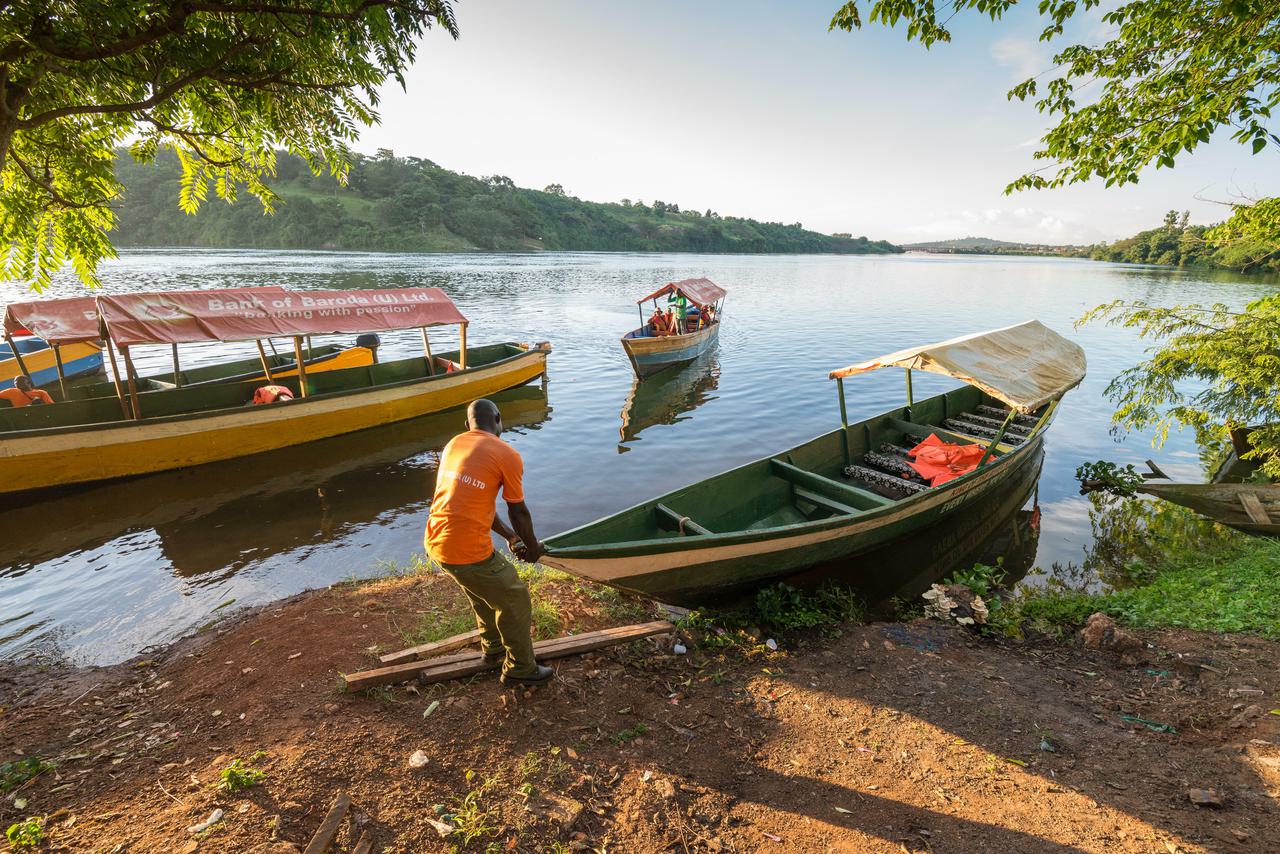
Insurance giant ‘breached international guidelines’ by backing oil pipeline
The insurance giant Marsh violated international guidelines for responsible business by arranging cover for a massive oil pipeline in east Africa, according to a formal complaint lodged with the US government by a group of NGOs.
The Bureau revealed last May that the world’s biggest insurance broker – which is part of the US conglomerate Marsh McLennan – won the contract to find insurers for the East African Crude Oil Pipeline (EACOP), an environmentally ruinous project that will slice through nature reserves and uproot thousands of villagers in Uganda and Tanzania. The pipeline is expected to generate more than 33m tons of carbon emissions each year.
Inclusive Development International and 10 Ugandan and Tanzanian NGOs – which have chosen to remain anonymous for fear of reprisals – allege that Marsh is contributing to the serious harm caused by the pipeline by providing the insurance services necessary for the project to progress.
Coleen Scott, a legal and policy associate at Inclusive Development International, said: “Marsh is playing a critical role enabling the East African Crude Oil Pipeline to move forward in the face of widespread opposition and overwhelming evidence that the project will be a disaster for Ugandans and for the planet.”
A spokesperson for Marsh said: “Marsh McLennan has a long-standing policy of not confirming the identity of clients. We are committed to helping businesses develop low-carbon business models and manage risks associated with the transition from fossil fuels to renewable energy.”
The NGOs’ complaint alleges that community members, environmental and human rights defenders and journalists critical of EACOP have faced intimidation, harassment, threats and arbitrary arrests. It also alleges that people have not been properly or promptly compensated for land acquired to make way for the pipeline.
It details how the pipeline threatens natural resources that communities rely upon, including the risk of oil spills affecting Lake Victoria, irreversible harm to protected wildlife areas in Uganda and Tanzania, and increased carbon emissions.
There is no suggestion that Marsh itself is involved in the clashes with communities.
The complaint states: “Marsh’s failure to conduct adequate human rights and environmental due diligence before engaging on this project, and its ongoing contributions to its harmful impacts, constitute a breach of the company’s responsibilities under the OECD Guidelines.”
The NGOs say that Marsh should withdraw from its role as broker for the project. If the US State Department accepts the complaint, it will bring Marsh and the NGOs together to negotiate a resolution.
Marsh brokered insurance for EACOP despite more than 100 employees signing a letter urging against the deal because of its “disastrous consequences” for the climate. One of the people behind that letter said they felt vindicated by this complaint. “It will invite more scrutiny on Marsh,” they said, adding that it would serve as a deterrent to other companies thinking of supporting EACOP.
Header image: A fisherman ties up his boat in Lake Victoria, Uganda. NGOs fear the pipeline could lead to oil spills into the lake. Image credit: Ivoha / Alamy Stock Photo
Reporter: Josephine Moulds
Environment editor: Rob Soutar
Impact producer: Grace Murray
Global editor: James Ball
Editor: Meirion Jones
Production editor: Frankie Goodway
Fact checker: Elisângela Mendonça
-
Area:
-
Subject:




